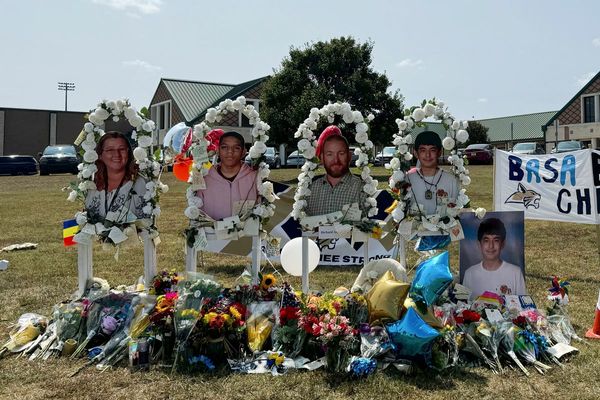The inhabitants of an Irular village gathered around the embers of a funeral pyre that had consumed the body of D. Velu, 55, on Wednesday. They were in a public graveyard on the outskirts of Krishnagiri, far away from Velu’s village of Palsunai in Periamuthur panchayat. The funeral pyre itself was alien to Irular culture, as it is to many other tribal cultures.
Velu’s body was consigned to the flames after it was denied entry into his own village. He died of cardiac complications at Jipmer in Puducherry on Tuesday. When his body was brought to Palsunai, about 3 km from Krishnagiri, the ambulance carrying it was stopped at the entrance of the village. The residents of the ‘main village’ of Pullukan Kottai, comprising members of a dominant intermediate caste, allegedly told the relatives of the deceased that the body cannot be brought to the Irular settlement, as it was ‘ominous’ for anyone to bring the dead from a hospital for burial in the village. This, the Irulars were told, was a custom that was common to all.
“Confused, the Irular inhabitants took the body to the common graveyard on the outskirts of Krishnagiri town and contacted me. I informed the Collector’s PA, the RDO, the tahsildar, the tribal director and the SC/ST Minister. Immediately, the police and the tahsildar reached the spot,” said ‘Pazhangudi’ Balu, founder-president of the South India Tribal Council.
“But instead of breaking the back of a superstitious practice, they sought an amicable settlement and a compromise, without disturbing law and order,” he alleged.
Velu was the district president of the South India Tribal Council that represents over 10,000 Irulars across the district. His consistent efforts secured community certificates for over 75 Irulars in the village. “Yet, he was denied a burial in the place of his birth,” Mr. Balu said.
“Tribals the world over don’t cremate their dead. There are 37 tribal groups in Tamil Nadu, and none of them cremates their dead. We live in hills and forests; we don’t burn our dead, lest we burn the forest. We bury our dead in the belief that the seeds of the dead will give birth to the new. Today, that last rite was denied to us,” Mr. Balu said.
“They [Irulars] have to work on lands for wages. They were told that they would be boycotted if they defied the custom. The survival of 60 families was at stake, and that was why we agreed to adhere to it,” Mr. Balu said.
‘Not untouchability’
Nonetheless, officials took solace in the fact that it was not ‘untouchability’ but a mere custom.
“It is not only for Irulars, but for all communities, and is practiced across Krishnagiri. No one is allowed to bring the dead from the hospital. We tried our best and held talks, but the villagers refused, stating that it was inauspicious. We will have to hold talks, create awareness, and make them allow bodies to be brought back from the hospital,” said K. Sampath, the tahsildar of Krishnagiri.
“This government had broken the locks of the temple that had locked out Scheduled Castes for 200 years. Yet, the officials wanted to settle this issue without any problem because it was not ‘untouchability’ per se,” Mr. Balu lamented.







